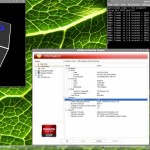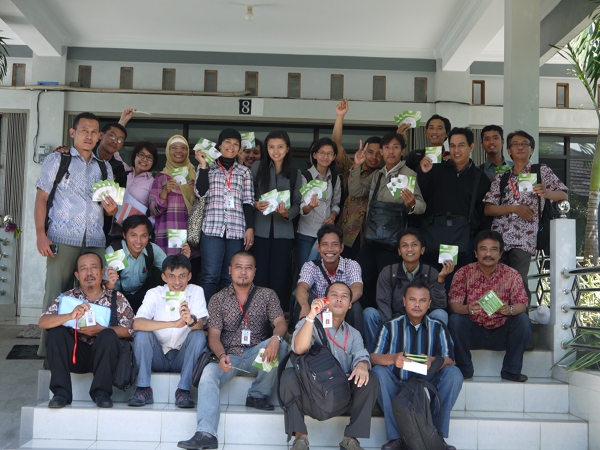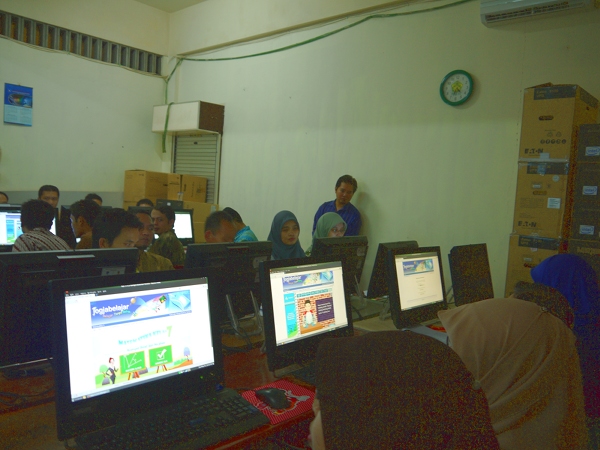AMD/ATI Catalyst 12.4 / fglrx 8.961 (build 5 revised) rpms are available
Quick Résumé about 12.4
The first version available in repository from April 30th has trouble with any kernel never than 3.3
Sebastian Siebert has create a patch for kernel 3.4+, I google translate quickly his blog article here.

AMD catalyst control center and fgl_glxgears
May 30th 2012
WARNING! Who use AMD Catalyst 12.4 driver from the AMD installer will inevitably have problems with kernel 3.4.0 and higher (eg from the Tumbleweed repo).
Because the driver is designed, at least up to kernel 3.3.x on openSUSE only.
Here are some examples of errors when compiling a kernel module fglrx:
error: 'cpu_possible_map' undeclared (first use in this function) ...
error: implicit declaration of function '__save_init_fpu'
Or when you load the fglrx kernel module:
A FATAL: Error inserting fglrx (/ lib/modules/3.4.0-25-desktop/extra/fglrx.ko): Unknown symbol in module, or unknown parameter (see dmesg)
The output of dmesg: fglrx: Unknown symbol old_rsp (err 0)
I now have an updated makerpm-amd script and replaced the older packaging from script to a newer.
At this point, I say thank you for the helpful feedback and also to the AMD community that their minds have assembled to investigate the problem and make it to the world.
The packaging script I maintain, need no extra time. The kernel patches for the compiler error I’ve already entered for this month in the AMD installer. In the next AMD Catalyst we will not need this patch anymore. Since the patch will be included in the source fglrx from AMD for the next version.
Small warning for stormy times: AMD plans to graphics chips R6xx/R7xx not lead to the main branch.
The graphics card series Radeon HD 2000, 3000 and 4000 are affected (Phoronix has reported). The last supported version is expected to be AMD Catalyst 12.7. However, AMD has turned in and stored in a separate branch of this, it weiterzupflegen there. It means that no new feature added, but only fix bugs. openSUSE 11.4 and 12.1 is still supported and maintained. The chances are good that the driver to get there will also run on an X-Server 1.12.
The next openSUSE version 12.2 in July, will should use the X-server 1.10, so that the driver theoretically run on this version of openSUSE. For this I’ll create a separate makerpm-amd script, that this legacy continues as usual drivers to install on openSUSE 11.4 and 12.1 (possibly 12.2) and will also provide the necessary kernel patches. AMD believes that these chipsets will already extensive support from the free Radeon driver. So it is time to order a new graphics card in order to continue the beta drivers from AMD Catalyst testing on openSUSE. A new graphics card was already planned last October. So I will finally keep your hardware donation for the new graphics card.
See more at Sebastian’s blog.
Don’t be shy, you can leave there the result of test in english too 😀
or ask in forums, irc and ping freespacer.
See below what to do in case of troubles.
The rpms version 8.961 are available from Thursday May 31
Read the rest of this entry »





